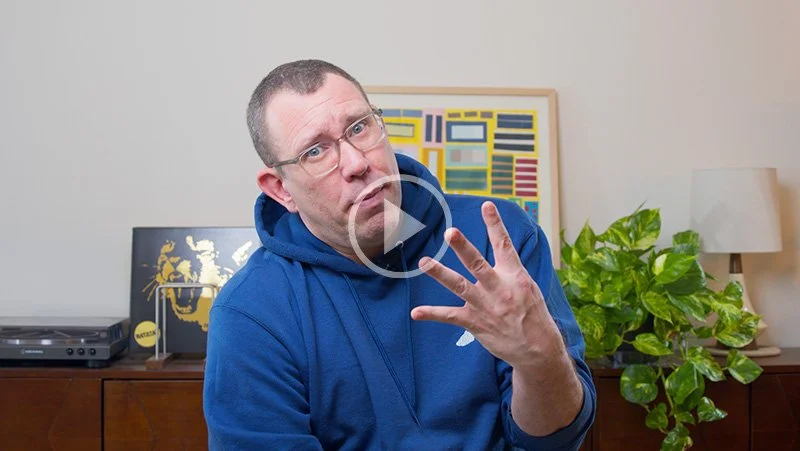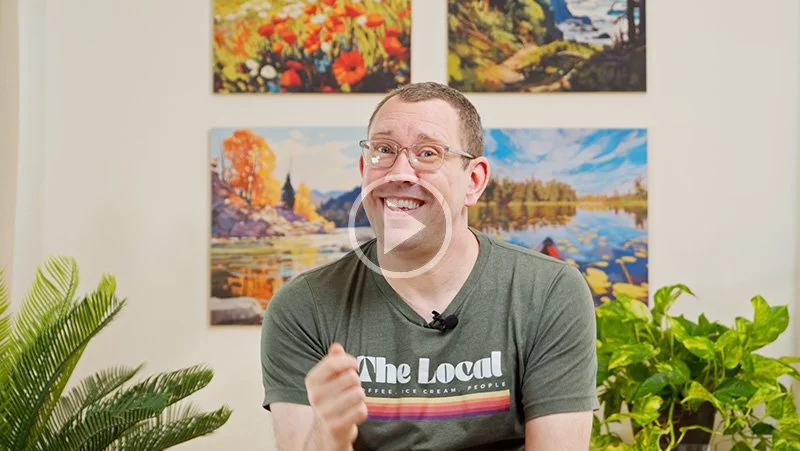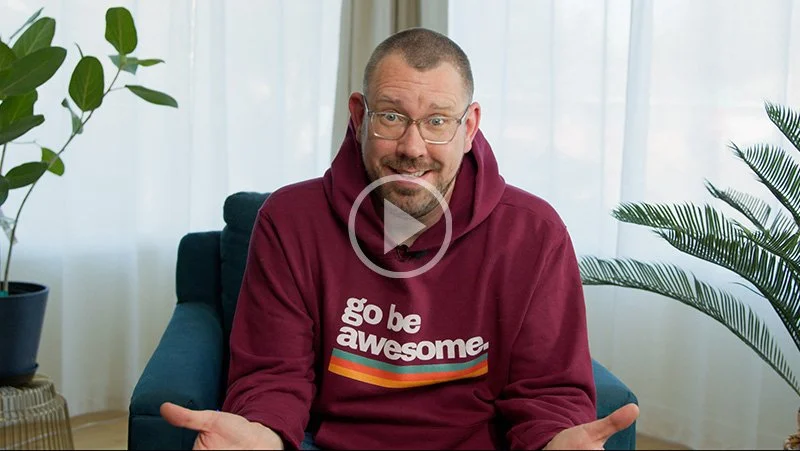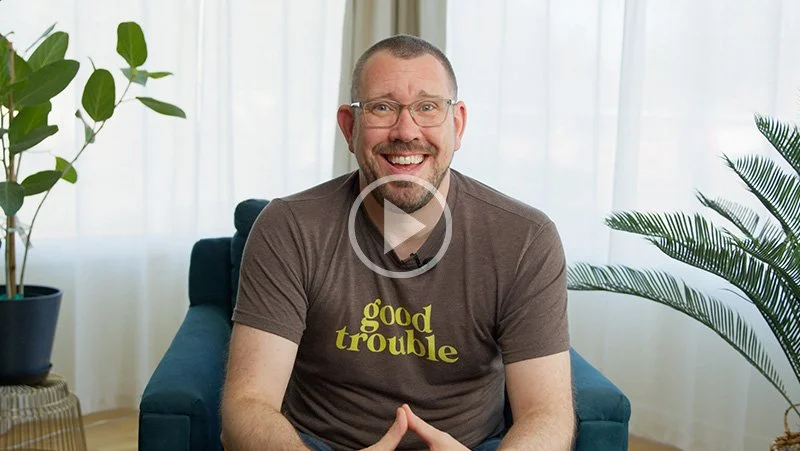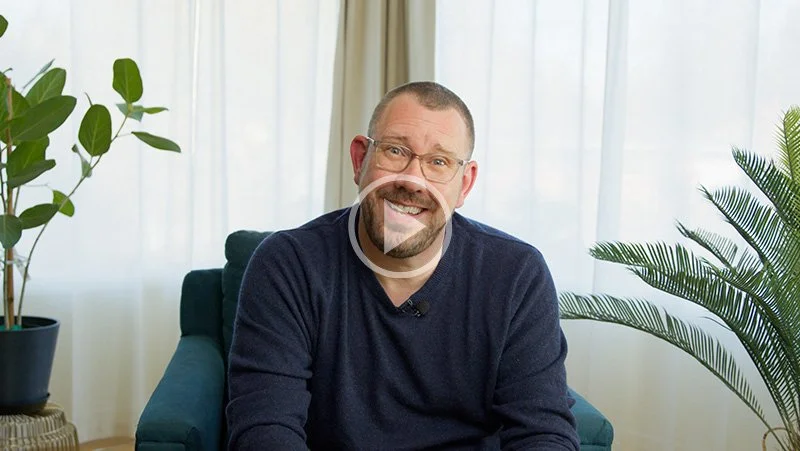Two-Minute Masterclass in Feedback
Welcome to the #culturedrop. Every Tuesday, Galen Emanuele emails tools to advance leadership skills, team culture, and personal growth. No spam, just great content. Sign up now to get it in your inbox.
A masterclass in feedback for employees, leaders, and all humans in general.
This is based on a quick story from my team.
Recently I was looking over something our marketing and content manager, Sydney, sent over, and noticed a few spelling errors so I sent her a short message that read something like:
“Hey, looking through some of the copy I noticed a few spelling mistakes in there. Just a reminder to be really cautious about that.”
And her response:
“Thank you!”
That’s it. It wasn’t defensive or overly apologetic. It was straight to the point, and easy.
Why this is important:
Sydney’s response to the feedback impacts me directly as her leader. She doesn’t make excuses, she doesn’t feel bad or guilty, she is just open to and receives the feedback.
It’s so valuable whether you are a leader, employee, friend, etc. to be mindful of how you respond to moments like this. Sometimes a “Thanks, I appreciate it,” is perfect.
As a leader, I am sensitive to my team feeling like I’m micromanaging their work or criticizing them. But ultimately, since we’re all human, mistakes happen. It’s reassuring to know that I can go to my team, and that they also know they can come to me, and anticipate that feedback will be received well.
“For all relationships it’s healthy and trust-building to respond well to feedback.”
For all relationships it’s healthy and trust-building to respond well to feedback. Not just for the content of the feedback, but for the impact it has on that person feeling safe enough to continue giving it.
Any time you are receiving feedback, consider being grateful that the person sharing it felt that they could be honest with you instead of harboring feelings or keeping things to themselves. It makes you more aware of something you can improve, and is a great chance to practice self awareness and EQ.
Giving and receiving feedback in a kind, casual way benefits any relationship twofold — it assures the person who gave the feedback that they are not going to be punished by the recipient, and it assures the person who receives the feedback that the relationship matters.
The takeaway
The takeaway here is that the next time you receive feedback, consider just responding with a genuine, sincere “Thank you.” The genuine and sincere part there matters, take that to heart (this is not a lesson in the art of passive aggressiveness).
Yes, there are many, many dynamics and scenarios and context for receiving feedback, and this does not apply to all of them. However, treat feedback as a gift. Avoid defensiveness, appreciate the opportunity for improvement, and know that receiving feedback with open arms results in more trust connection, a stronger foundation for any relationship.
Related Articles:
Want more?
This article was created by Galen Emanuele for the #culturedrop. Free leadership and team culture content in less than 5 minutes a week. Check out the rest of this month's content and subscribe to the Culture Drop at https://bit.ly/culturedrop



